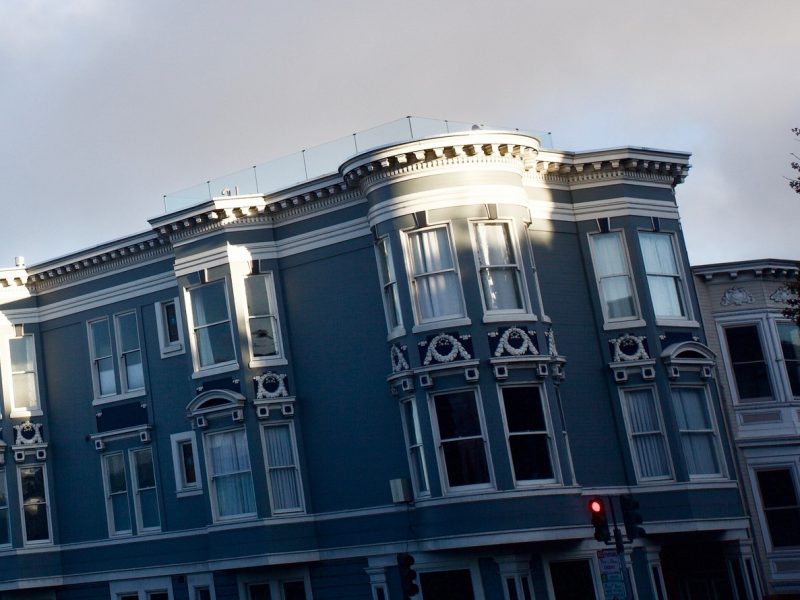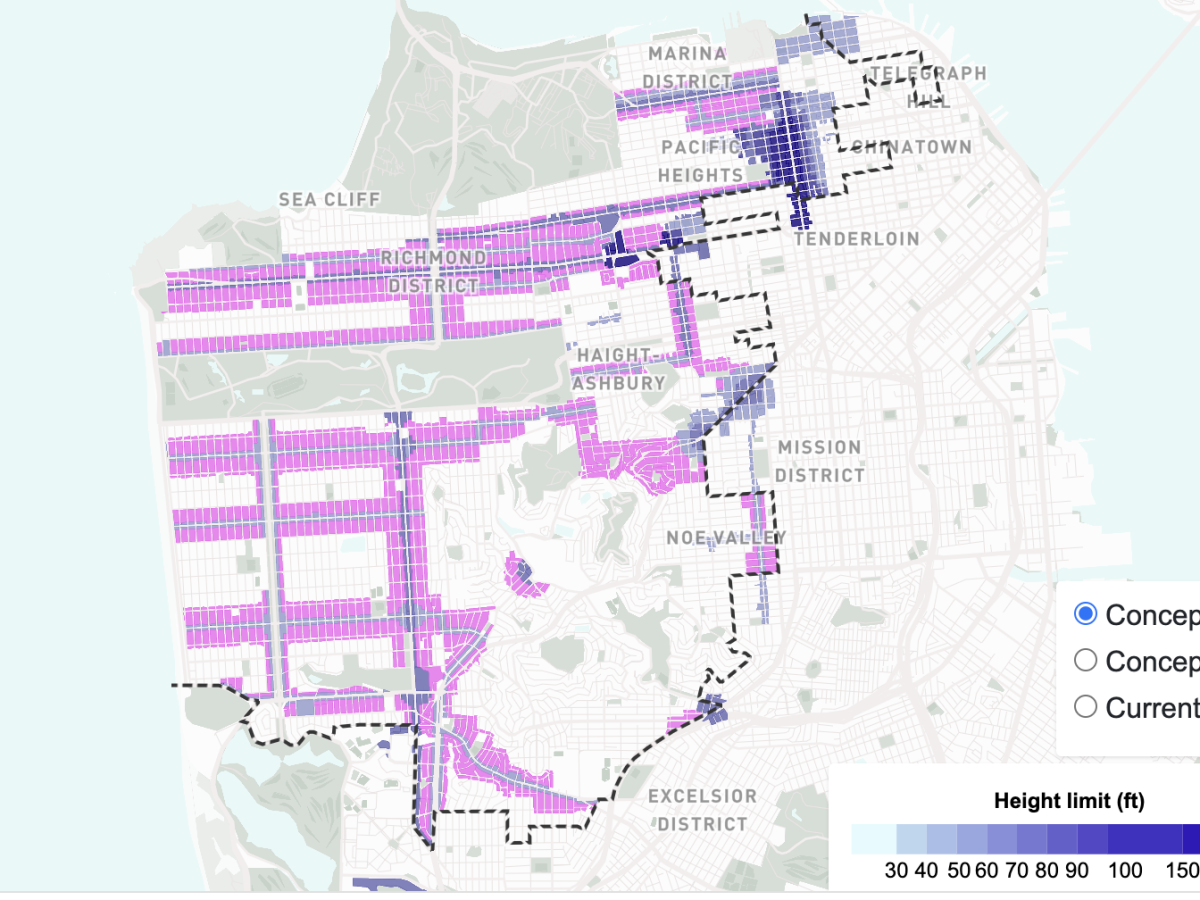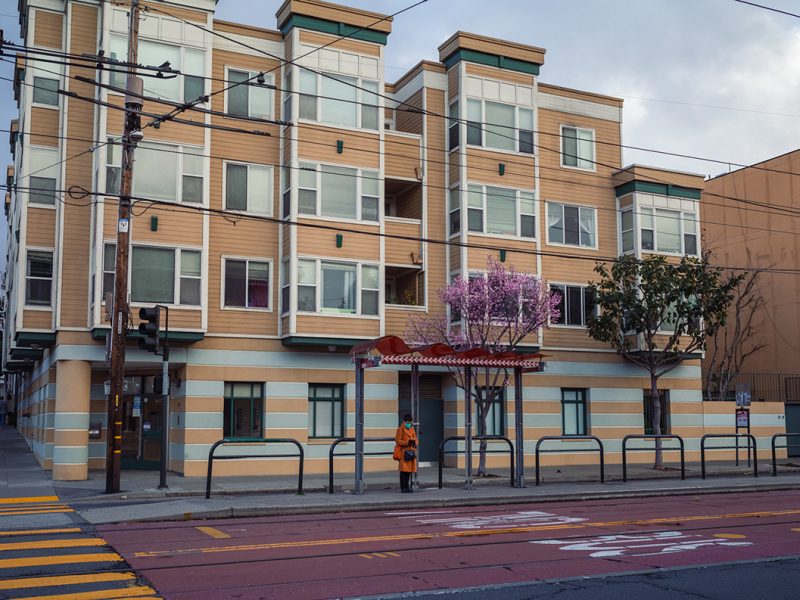On Tuesday, the Board of Supervisors passed the key legislation needed to cement the city’s plan to add 82,000 homes, narrowly avoiding steep punishment from the state.
“I want to acknowledge how much thought and work went into this project,” Supervisor Myrna Melgar said after the 9-2 vote.
Supervisors Aaron Peskin and Connie Chan, who had originally sought to delay the legislation’s passage over affordable housing disagreements, voted no.
The housing element is a state-mandated plan to build more housing by 2031. San Francisco is required to plan for some 82,000 homes, of which 46,000 are affordable, and must look to build denser in areas where there’s been little construction historically, including the Westside, and wealthier northern and eastern neighborhoods.
By approving the measure Tuesday on a first reading, the Board of Supervisors greenlit a number of policies meant to usher in mass development in the next eight years, including waiving fees on certain affordable housing projects and reducing permitting that gums up the entitlement process. Failure to do so would have triggered state intervention, and could have invited a slew of negative consequences, including millions in lost funding.
The legislation will come to the board again for a final approval, though the votes are not likely to change.
Supervisor Rafael Mandelman managed to squeeze in an amendment, despite the state explicitly recommending that San Francisco not include it, limiting demotion of single-family homes to those where there is no historic value before 1923. Mandelman said he spoke to the City Attorney and Planning Department about the measure to ensure it meets state compliance.
“It will accomplish our historic preservation goals and our housing streamlining goals at the same time,” Mandelman said.
Other amendments to the legislation, made by Melgar and Supervisor Joel Engardio, passed, too. One of Melgar’s amendments added language to allow buyouts regardless of the Rent Board, while Engardio’s raised density and height limits on the Westside, allowing for four- to five-story buildings with active ground-floor uses in certain areas.
Not all the supervisors cheered the decision, citing disagreement about affordable-housing priorities, though they eventually approved the legislation.
“Nearly every effort has been focused on how to meet our market-rate goals, and little to nothing about how to reach our affordable-housing goals,” Supervisor Dean Preston said.
Still, “the ordinance is significantly improved from where it started,” he said, referring to the removal of language enabling demolition of rent-controlled housing. Ultimately, he voted in approval.
Now that the legislation is passed, what will the housing element do?
To meet its state-mandated housing requirement, San Francisco must build 10,000 homes a year — about 27 units a day — and needed to reform city policies restricting the building process, as passing Tuesday’s legislation did.
Though Tuesday’s legislation, also known as the “Mayor’s Housing for All” plan, eliminates major disincentives to build, including an excessively long permitting process and extraneous fees, it’s clear that high interest rates and construction costs will stymy any jackhammering or shoveling from happening soon.
Supervisor Ahsha Safaí acknowledged as much on Tuesday, but said the ordinance “lays the framework.”
However, the approved housing element left several community organizations, like the Race & Equity in Planning Commission, dissatisfied for a lack of specific processes to build more affordable housing. While state legislation has accelerated permitting processes for affordable housing projects, Melgar agreed on Tuesday that there is more to do. “We need to fulfill the obligation to our state, but we need to address our housing needs in San Francisco,” she said.
Money similarly remains a formidable obstacle in building 46,000 affordable homes and, recently, supervisors temporarily whittled down San Francisco’s affordable housing fee, which is the second-largest source of local affordable housing funding. Supervisors will also attempt to put a $300 million affordable-housing bond on the March ballot, a bulk of which will fund roughly 1,500 units stuck in the pipeline.





“Race & Equity in all Planning Coalition, San Francisco”
Who gets to choose the name of the throw away coalitions that the usual suspect city funded nonprofits cobble together to provide the illusion of popular support for their objections to market rate developers?
“supervisors temporarily whittled down San Francisco’s affordable housing fee”
This is what happens when your extortion operation runs out of leverage.
I really like Supervisor Melgar,
It truly made me sad to see her push to force out the caravan of Gypsie like residents who have lived in motor homes in her district for Christmas and given them no place to go.
It made me even sadder to see Supervisor Ronen destroy Christmas for a couple of hundred legal Vendors and their families.
Somehow, these events fit in with today’s hearing on 1.2 million Palestinians being forced out of their homes which are then bombed.
So Lake Merced and its residents should just host this caravan (god knows where the effluent is dumped) indefinitely? The street is not intended for this, plus there’s a bike and ped safety project that’s supposed to go in. These are all effects of not building enough – blame homeowners for sabotaging this for decades if you want to blame someone.
@DK. Meh, there’s plenty of blame to go around. As things stand, except for family housing, there’s no need to add to the glut of places open for rent and sale. See, the funny money that’s been squeezing everyday people has left town. You might as well wave your arms at the fed’s quantitative easing and low interest rates of years past. The Chinese for the pandemic. The cartels for new meth and fent.